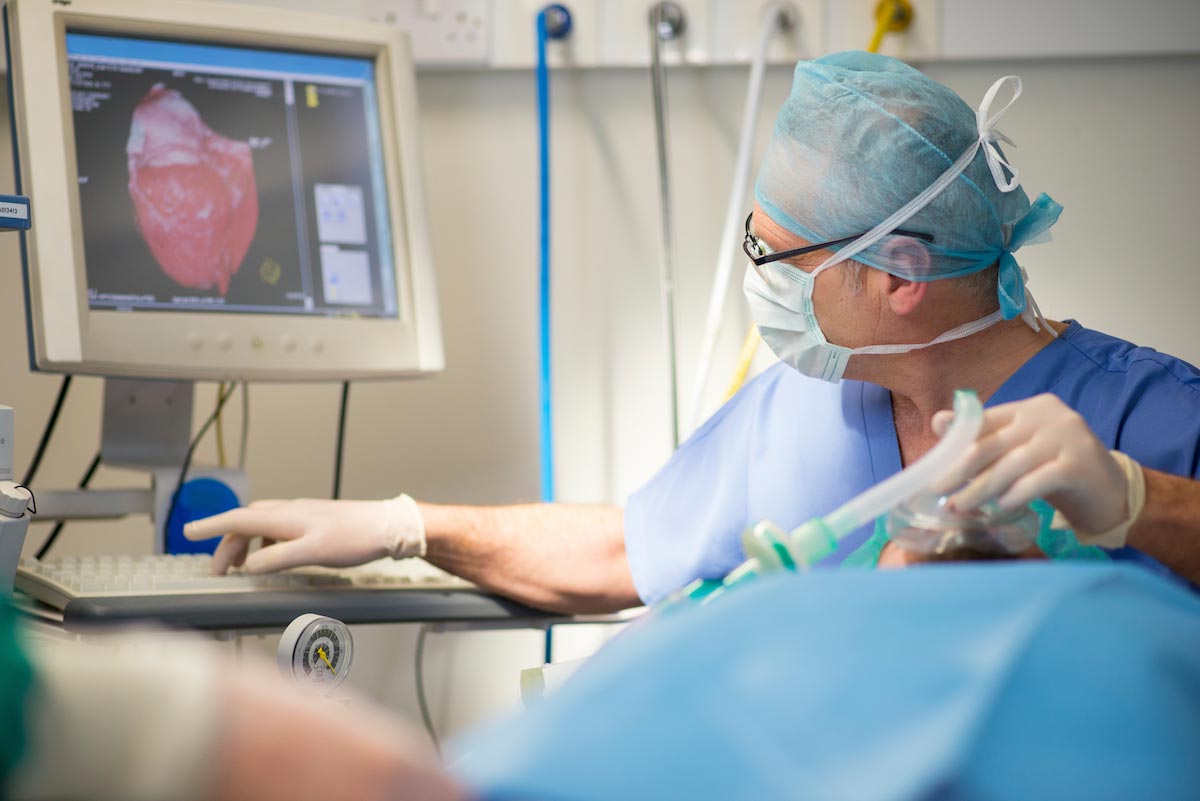Pregnant women urged to take daily supplement of folic acid to prevent birth defects
02/27/2019 / By Vicki Batts

Some very common types of birth defects that can occur during pregnancy are neural tube defects. In an effort to curb the prevalence of these defects, new government guidelines strongly suggest that women who are planning to get pregnant, or currently are pregnant, should begin supplementing their diet with folic acid.
According to the Centers For Disease Control and Prevention (CDC), about three percent of all babies born each year in the U.S. are affected by birth defects. These defects are also the leading cause of infant death.
Neural tube defects in particular refer to defects of the brain, spine or spinal cord. They happen within the first month of pregnancy, often before a woman even knows she is pregnant — which is why it is recommended to begin supplementing with folate even if you aren’t pregnant yet.
Spina bifida and anencephaly are the two most common forms of neural tube defects. In spina bifida, the fetal spinal cord does not close completely. This is often accompanied by nerve damage that causes at least some paralysis in the lower extremities.
In anencephaly, most of the brain and skull do not develop. Babies afflicted with this condition are usually stillborn or die shortly after birth. Chiari malformation is another type of neural defect, which causes brain tissue to grow into the spinal cord.
Some maternal risk factors for neural tube defects include obesity, poorly controlled diabetes, or certain anti-seizure medications.
Preventing neural tube defects with folic acid
Folic acid has been proven to prevent neural tube defects, if taken regularly before becoming pregnant and during the first stages of pregnancy. Estimates from the CDC suggest that 1,300 potential cases of NTD have been avoided every year since since the U.S. Food and Drug Administration (FDA) introduced folic acid fortification in some foods in 1998.
The power of the elements: Discover Colloidal Silver Mouthwash with quality, natural ingredients like Sangre de Drago sap, black walnut hulls, menthol crystals and more. Zero artificial sweeteners, colors or alcohol. Learn more at the Health Ranger Store and help support this news site.
In 2009, the U.S. Preventive Services Task Force (USPSTF) also recommended that women of child bearing age begin supplementing with the nutrient. The agency also recently updated its guidelines and now suggests that all women who are planning on getting pregnant should begin taking a folic acid supplement to minimize the risk of birth defects.
Even women who do not intend on having a baby any time soon are being urged to take a folic acid supplement, especially because many do not get enough of the valuable nutrient every day. The CDC estimates that up to half of all pregnancies in the US are unplanned, and given that these birth defects form in just the first few weeks of life, the agency suggests that any woman who could bear a child should think about taking folic acid daily.
The new report from the USPSTF suggests that women should aim to consume between 400 and 800 micrograms of folic acid each day. However, the report notes that women who are at a very high risk of NTDs due to hereditary factors, previous use of antiepileptic drugs, or mothers who have already had a pregnancy affected by the defects, may need to supplement with a higher dose of folic acid in order to mitigate their risks. This, of course, should be discussed at length with your doctor.
Regardless, the USPSTF concluded their report by noting with “high certainty” that the protection offered by folic acid supplementation is substantial.
Sources of folic acid
Folic acid can be obtained through a supplement such as a daily multivitamin. One can also choose to supplement specifically with folate. A number of foods are also supplemented with folic acid. Enriched breads, cereals and pastas are all foods that usually contain folate. The FDA also recently approved the addition of folic acid to corn masa flour, so enriched versions of your favorite taco shells, tortillas and corn chips will also probably be hitting the shelves soon. If you aren’t sure if a prepackaged food contains folic acid, simply look for it under the nutrition facts panel.
Many healthy foods are natural sources of folate. Beans, peas, lentils, oranges, asparagus, broccoli and leafy greens like spinach are all excellent sources of folate. Eating a diet rich in these kinds of foods will boost your nutrient intake and help ensure you are getting all the folic acid that you need.
Sources include:
Tagged Under: babies, Birth defects, children's health, folate, folic acid, infant's health, natural cures, neural tube defects, nutrients, pregnancy, pregnant women, prevention, supplements, women's health




















